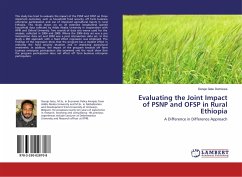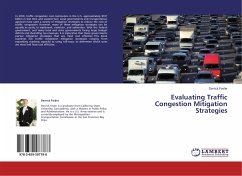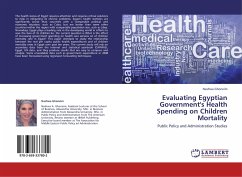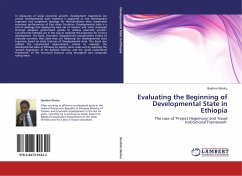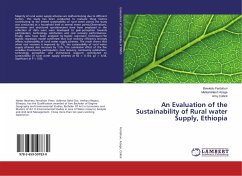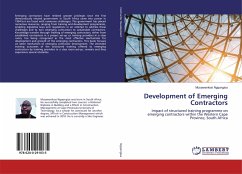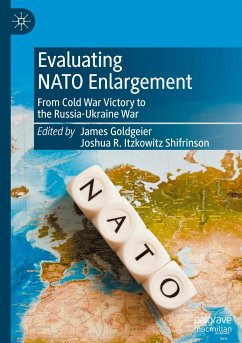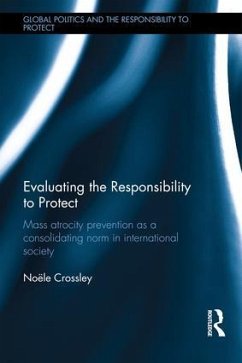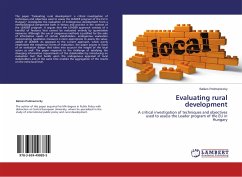
Evaluating rural development
A critical investigation of techniques and objectives used to assess the Leader program of the EU in Hungary
Versandkostenfrei!
Versandfertig in 6-10 Tagen
27,99 €
inkl. MwSt.

PAYBACK Punkte
14 °P sammeln!
The paper "Evaluating rural development: a critical investigation of techniques and objectives used to assess the LEADER program of the EU in Hungary" investigates the evaluation of endogenous development from a methodological perspective both in theory and practice in the context of the LEADER program. It argues that the LEADER approach consists of a handful of features that cannot be evaluated entirely by quantitative measures. Although the use of exogenous methods is justified for the sake of information needs of certain stakeholders, endogenous evaluation incorporating qualitative measures...
The paper "Evaluating rural development: a critical investigation of techniques and objectives used to assess the LEADER program of the EU in Hungary" investigates the evaluation of endogenous development from a methodological perspective both in theory and practice in the context of the LEADER program. It argues that the LEADER approach consists of a handful of features that cannot be evaluated entirely by quantitative measures. Although the use of exogenous methods is justified for the sake of information needs of certain stakeholders, endogenous evaluation incorporating qualitative measures is more appropriate to assess the value-added of LEADER. As opposed to the current approach, which overly emphasizes the exogenous forms of evaluation, the paper argues in favor of an evaluation design that takes into account the insight of the local actors as well. The paper responds to the challenge of satisfying the diverging information requirements of the stakeholders by introducing anevaluation tool that builds upon the endogenous appraisal of local stakeholders and at the same time enables the aggregation of the results on the extra-local level.



